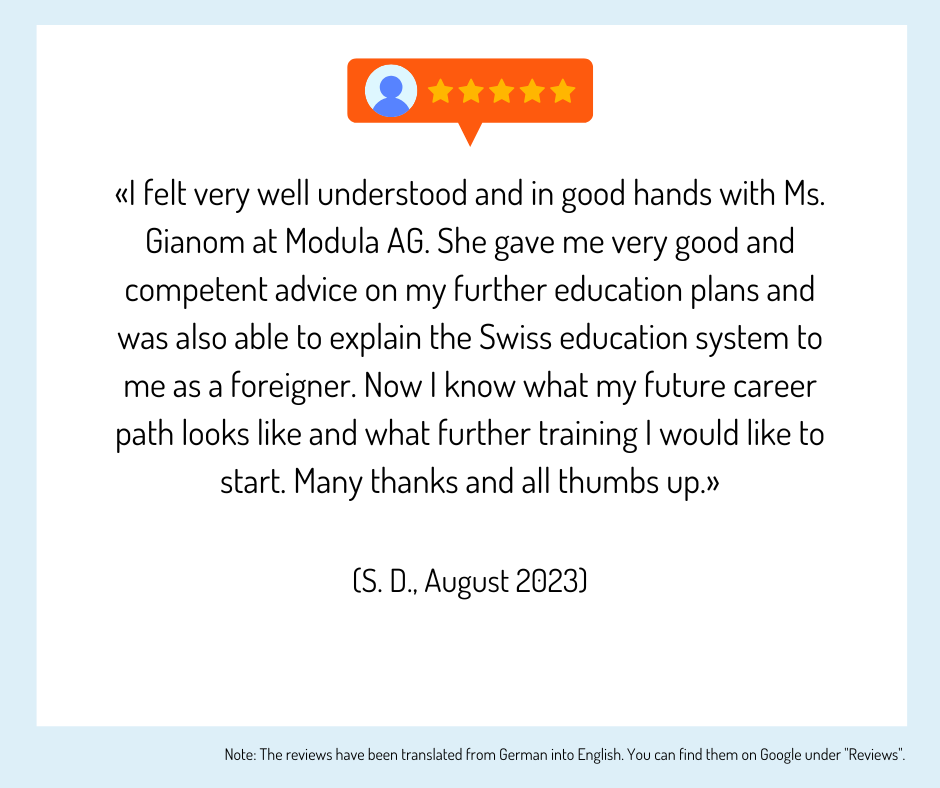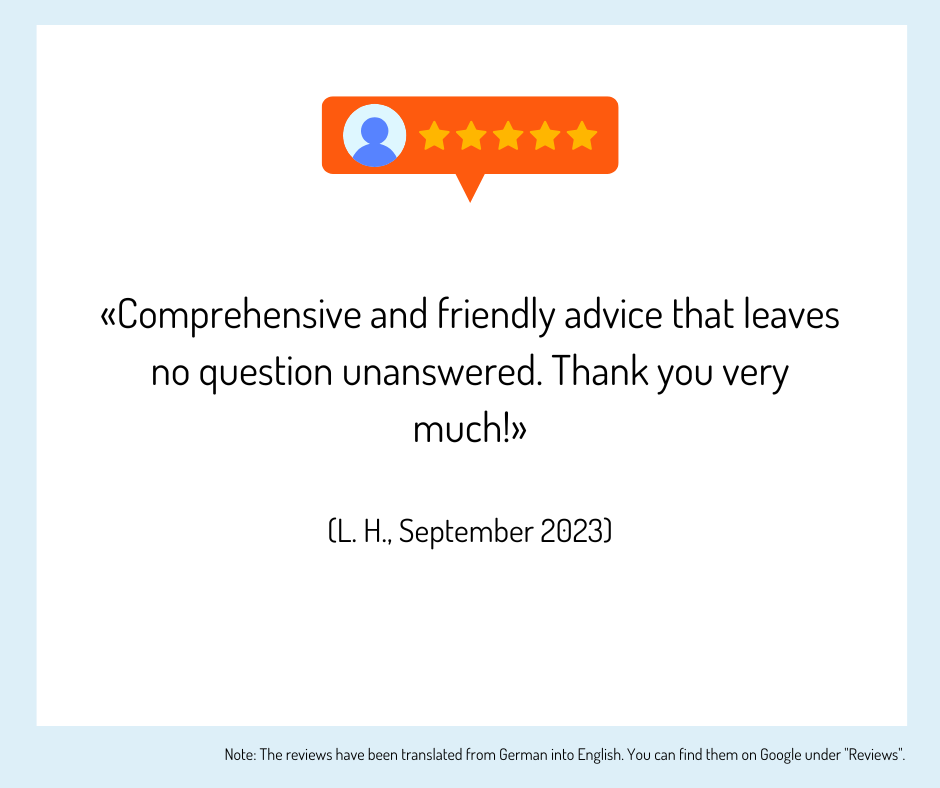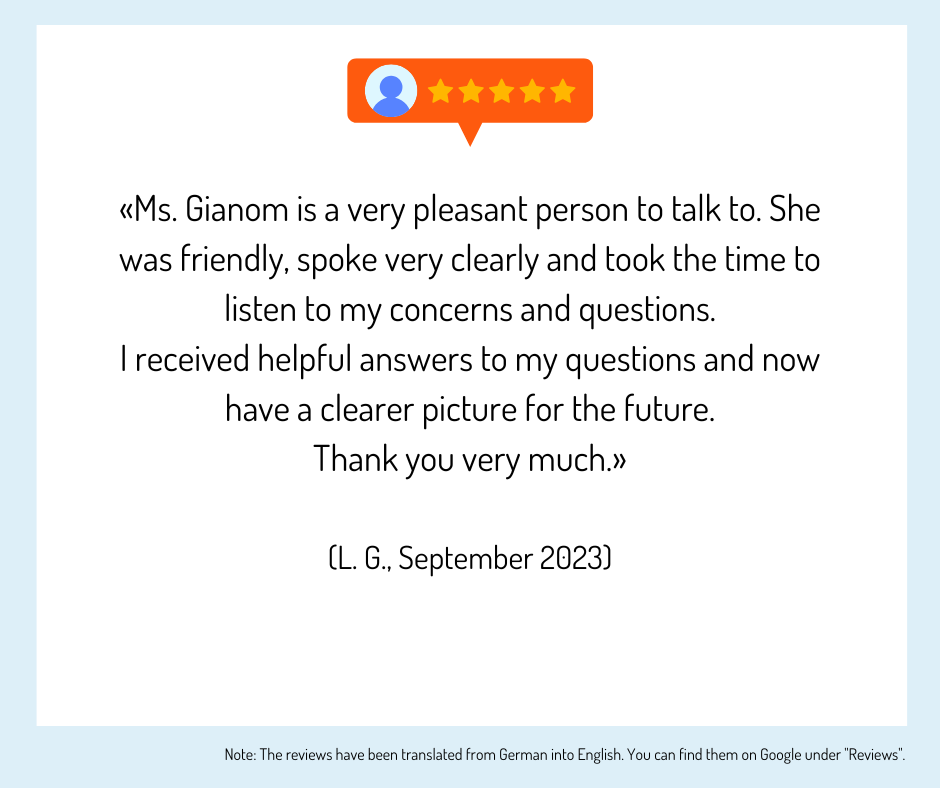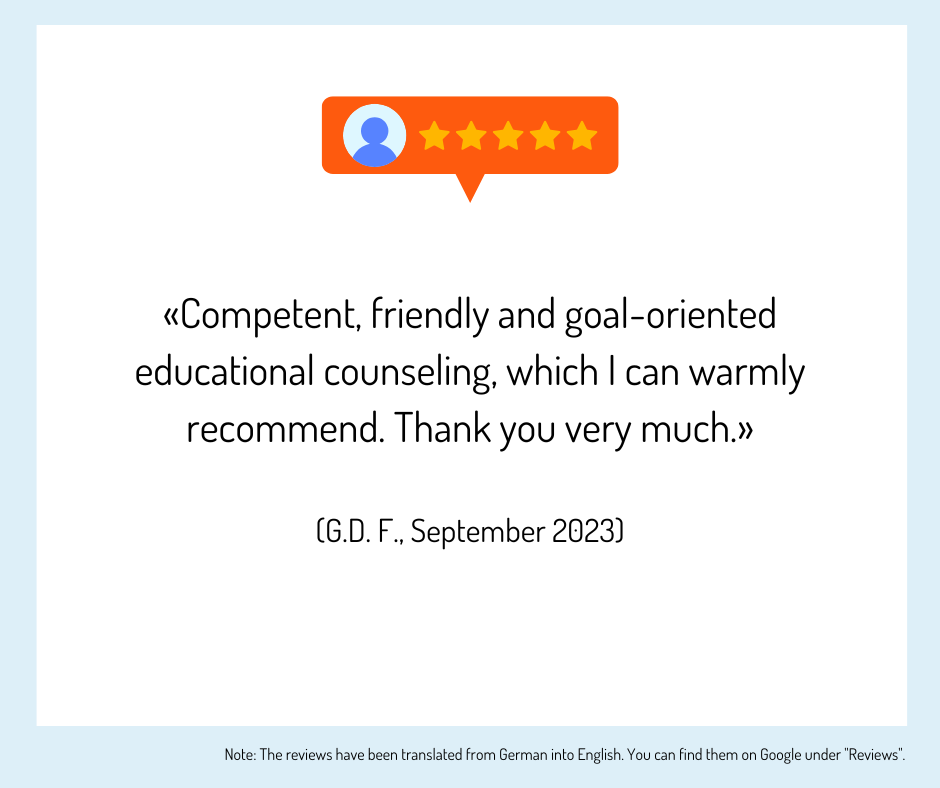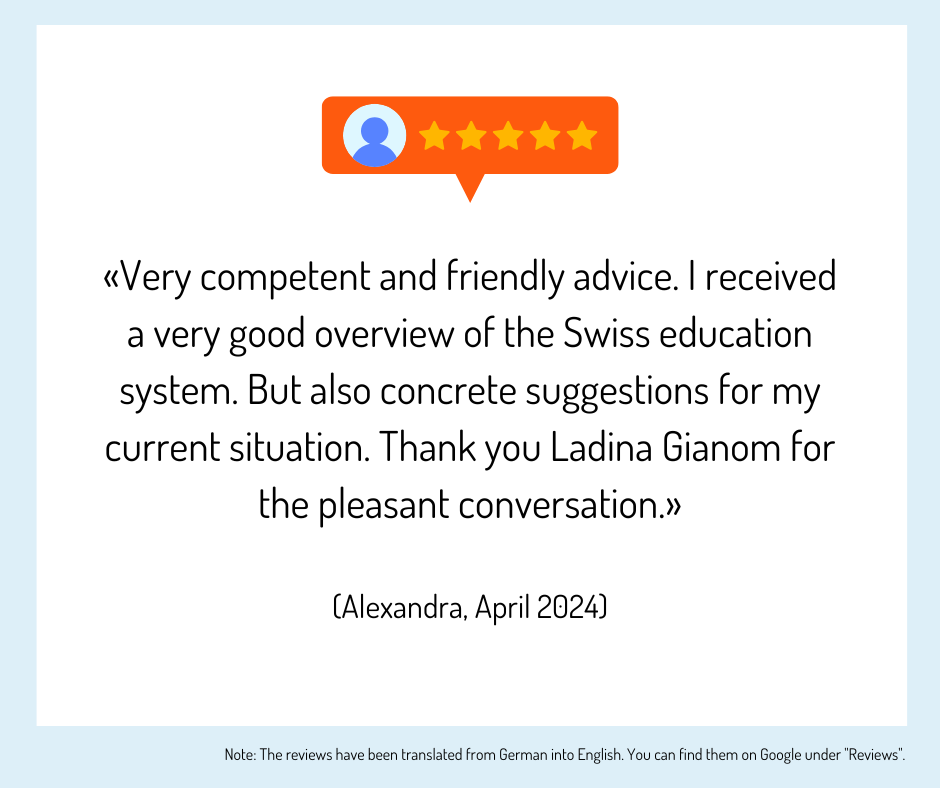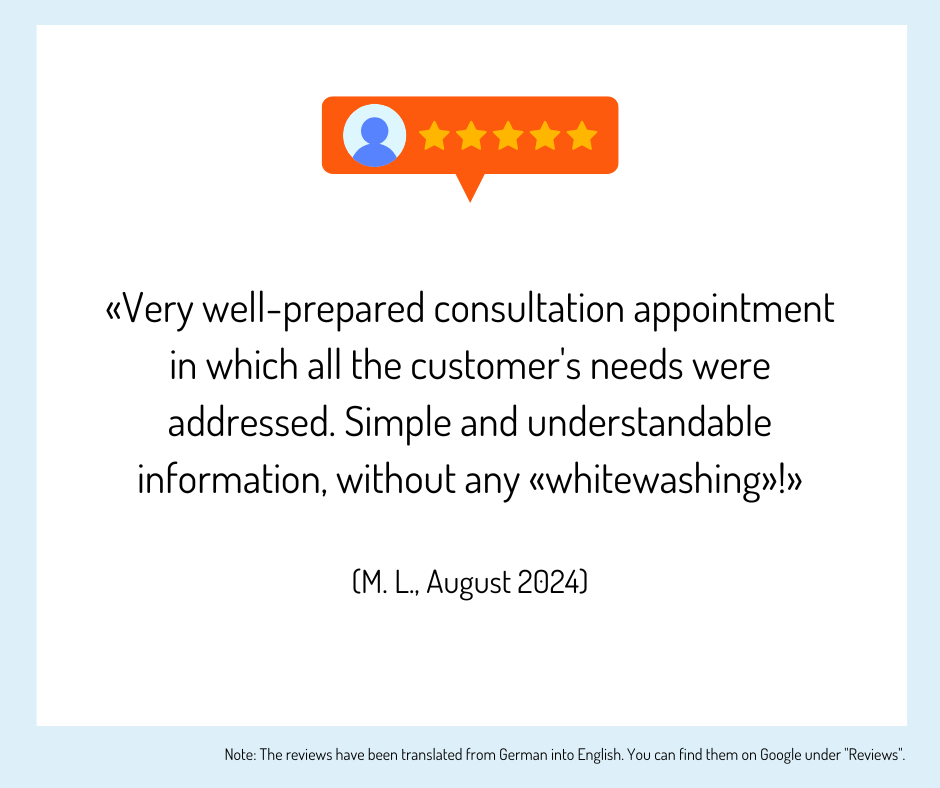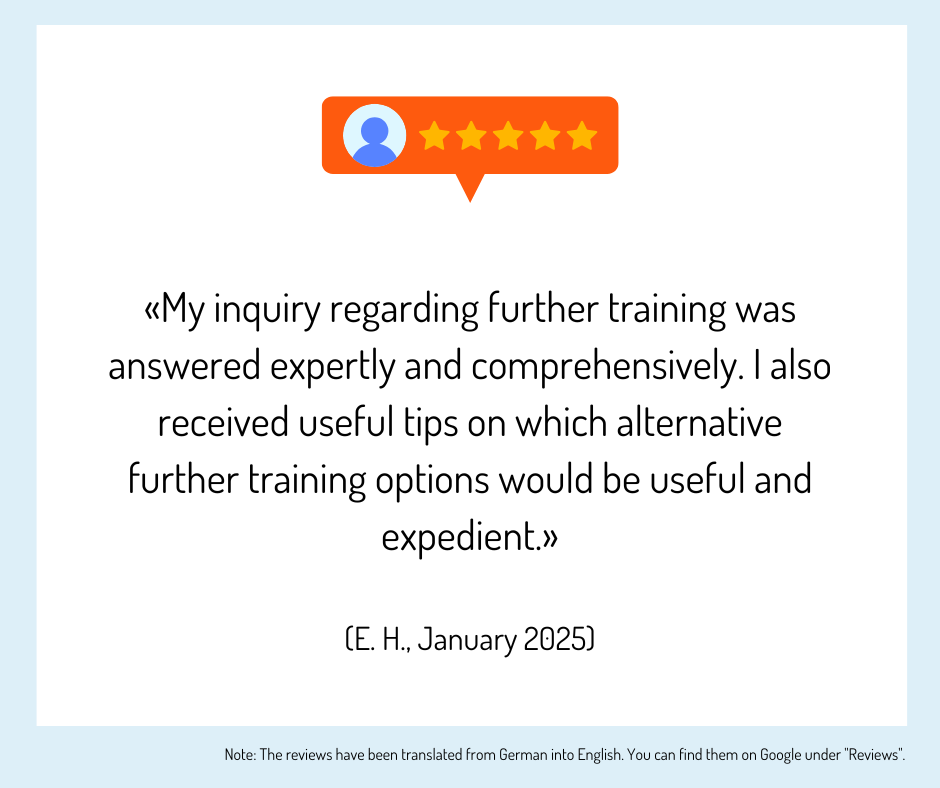Learn English online: Overview of e-learning courses and schools
Learning English online: learning environment, time models and support
Questions and answers
Do online courses also prepare students for English certificates?
Can I learn English online whenever I want?
How long does an English online course take?
If you search for English courses online, you will find that there are many different course models on offer, which vary in terms of duration, level and type of course (individual lessons, group lessons). An average beginners' English course at level A1 consists of around 50 lessons, which are usually spread over a period of 4 to 6 months. This means that you will have to invest 2 to 3 hours per week one evening or during the day (depending on whether these are fixed or freely selectable times). Depending on the school, you may also have to do homework.
As the duration can vary greatly, we recommend that you contact your chosen English school directly.
What exactly are English online courses?
English courses usually take place at fixed times, so you have your fixed lesson times, just like with the familiar language courses at school. Instead of driving to school, you simply boot up your PC and communicate with teachers and fellow students via chat, webcam, a specially developed program or Skype.
However, some language schools also allow you to set the date and time of each lesson yourself, which gives you even more flexibility. However, if something should come up, you can simply reschedule your English online course one day in advance.
There are also self-study English courses that provide you with all the documents you need, including audio files, and are particularly suitable for people who want to consolidate or revise their existing knowledge.
Erfahrungen, Bewertungen und Meinungen zur Ausbildung / Weiterbildung
Haven't found the right training or further education yet? Benefit from educational advice now!
Further training is not only important in order to maintain or increase professional attractiveness, investing in training or further training is still the most efficient way to increase the chances of a pay rise.
The Swiss education system offers a wide range of individual training and further education opportunities - depending on your personal level of education, professional experience and educational goals.
Choosing the right educational offer is not easy for many prospective students.
Which training and further education is the right one for my path?
Our education advisory team will guide you through the "education jungle", providing specific input and relevant background information to help you choose the right offer.
Your advantages:
You will receive
- Suggestions for suitable courses, seminars or training programs based on the information you provide in the questionnaire
- An overview of the different levels and types of education
- Information about the Swiss education system
We offer our educational counseling in the following languages on request: French, Italian, English
Register now and concretize your training plans.
